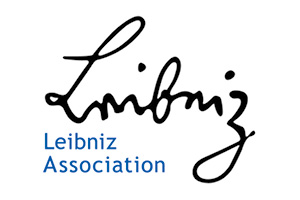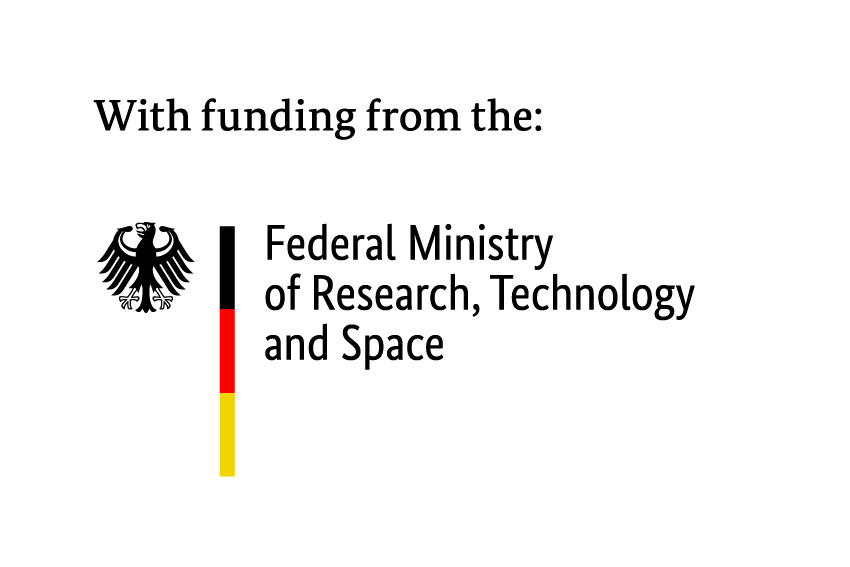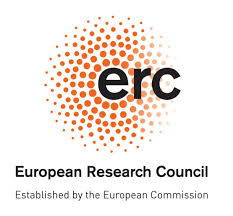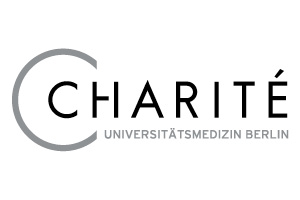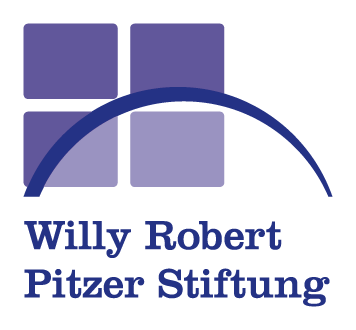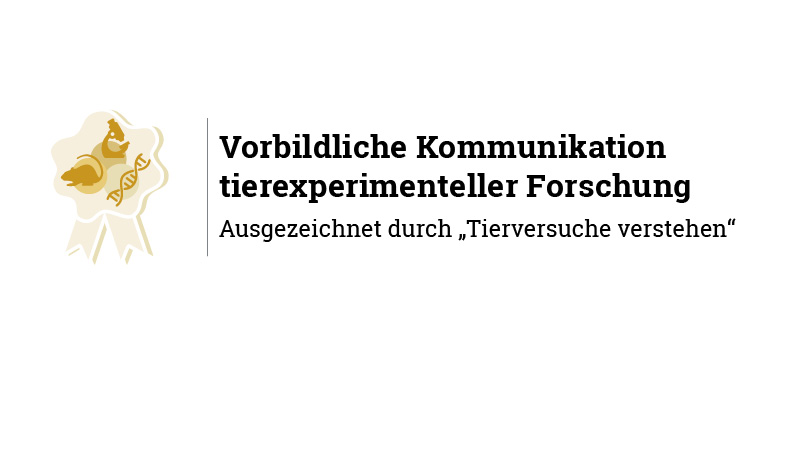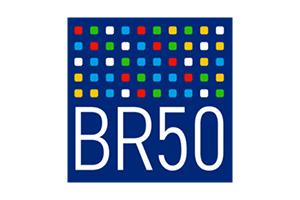- Leibniz Association
- project concluded
Prediction of T cell communication and differentiation dynamics by quantitative mathematical modeling (ImmuMod)
Leibniz-Junior Research Group
The mammalian immune response depends on the efficient interaction and collaboration of many, highly individual cells. In particular, a network of interacting T cells is crucial for the course of inflammatory reactions, which under certain circumstances can become self-sustaining and thus lead to chronic diseases such as rheumatoid arthritis. What are the decisive conditions and “ingredients” for the development of chronic inflammatory reactions? And can we develop targeted strategies to improve or develop therapeutic approaches? The analysis of complex networks requires mathematical methods. Dr. Kevin Thurley’s junior research group “ImmuMod” will develop and apply novel methods of data and image analysis as well as mathematical modeling to systematically investigate the networks of communication between immune cells. The aim is to develop and experimentally test specific hypotheses together with cooperation partners from the field of immunology in order to pave the way for the improvement of targeted therapies against chronic inflammatory reactions. The Leibniz Junior Research Group will cooperate with partners at the University of California San Francisco and the University of Heidelberg.
Project leader: Dr. Kevin Thurley, now Professor and PI at the Institute of Experimental Oncology (IEO), University Hospital Bonn
Project term: 2018 – 2023

